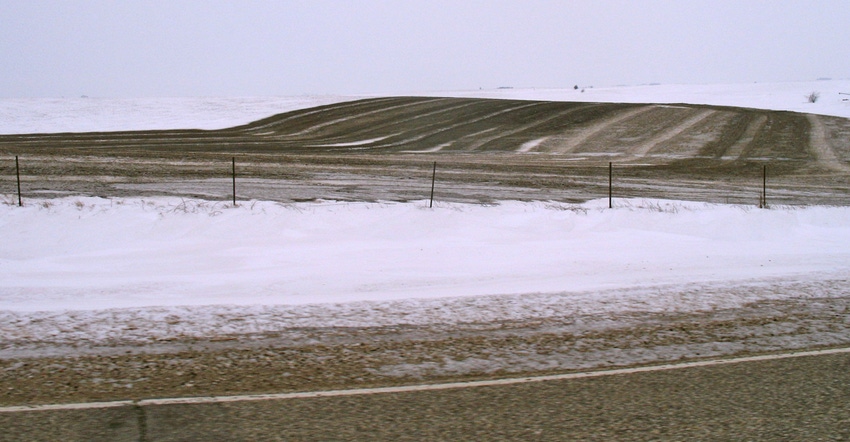November 25, 2019

Winter arrived earlier than usual this fall. Frozen ground and snow in November raised questions about manure application. This year’s late harvest has also added complications as livestock producers need to haul manure to fields. The Coalition to Support Iowa’s Farmers interprets rules and regulations for Iowa livestock producers. What is CSIF advising farmers about applying manure this fall and winter?
“We advise them to contact the local Iowa Department of Natural Resources field office,” says Brian Waddingham, executive director of CSIF. “Ask DNR if your manure management plan mandates that you need to incorporate the manure. Of course, it will be hard to do that if the ground is frozen.”
Some producers hire manure management plan providers, consultants who help develop a plan to submit to DNR for approval. “In addition to contacting DNR with your questions, work with your manure plan provider,” Waddingham says. “Many plans specify that the producer has to incorporate or inject manure. If that’s written in your DNR approved plan, you can’t spread manure on the field surface.”
Follow legal requirements
Iowa’s restrictions on application to frozen or snow-covered ground are in effect for confinement livestock operations with more than 500 animal units. Iowa law prohibits liquid manure application from these larger operations between Dec. 21 and April 1 if the ground is snow-covered, unless manure can be properly injected or incorporated, or if an emergency exemption is granted. Snow-covered ground is defined as soil having 1 inch or more snow cover or a half-inch or more of ice cover.
Once the calendar reaches Feb. 1, confinement producers with 500 or more animal units are limited to emergencies only for applying liquid manure on frozen ground, unless manure is injected or incorporated. Emergency applications must first be approved by DNR.
Smaller operations can apply
If you have a confinement livestock operation under 500 animal units you can apply manure — either liquid manure or dry bedded manure — during winter even if the ground is snow-covered.
“If producers don’t have a manure management plan because they aren’t a large enough operation to require it, they can apply manure in winter. But we remind them that if the snow is going to melt, be sure to apply manure according to the rules and stay off the hills,” Waddingham says. Again, it’s best to contact your local DNR office. They can look at your farm using digital aerial photos and advise how to proceed, and can check your approved plan to verify what is required.”
“This fall Iowa has had unusual circumstances with the late harvest and wet fields,” Waddingham says. “Check with your manure plan provider first to be sure you know what your plan requires. Then call DNR and see how they can help.”
If you have 500 animal units or more in your livestock facility, you must have a plan. Different species of livestock equate to different numbers of animal units. For cattle, one animal unit equals one steer or heifer. For hogs, it’s 0.4 animal unit for each hog, so 1,250 head of hogs will trigger the need to have a DNR-approved plan. Pay attention to what your plan requires and know the details — what you can and can’t do regarding winter application.
For more information, visit supportiowafarmers.com or call 800-932-2436.
About the Author(s)
You May Also Like






